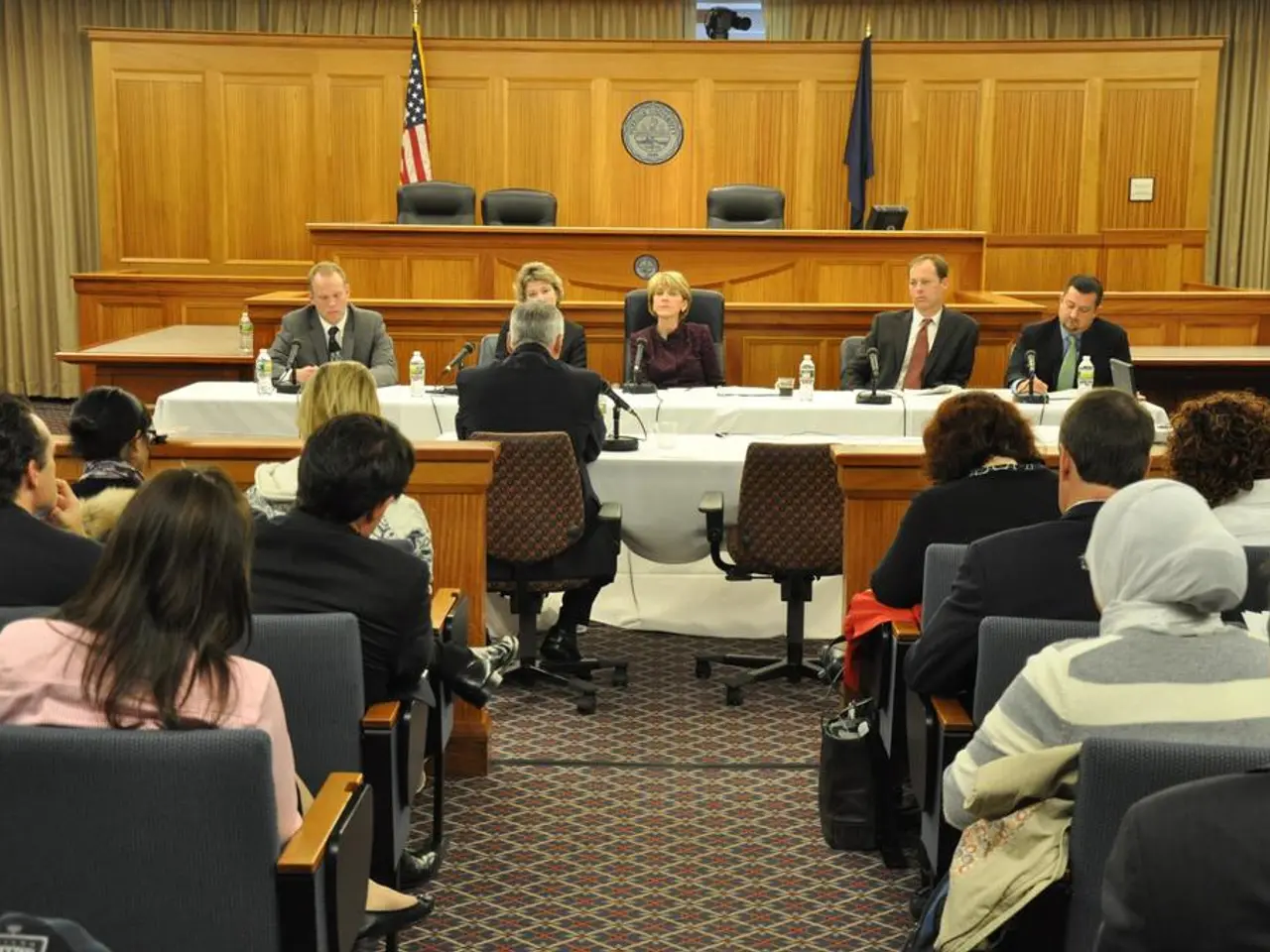EU-China summit concludes with a somber tone
In a significant gathering of major economic powers, the EU-China summit held on Thursday was described as an "historic turning point" by China's leaders. However, the event did not involve any celebration, as the parties failed to reach substantive agreements or celebrate progress.
The summit, which brought together the EU and China, was marked by deep-seated economic and geopolitical differences that have long complicated relations between the two. According to Katrin Pribyl's article "Economic Powers at Odds: Accusations, Not Celebration, Marked EU-China Summit," the main points of contention revolved around trade imbalances, market access, China's overcapacity, geopolitical tensions related to Ukraine, and strategic mistrust and de-risking.
One of the key issues was the EU's pressure on China for concessions to ensure more reliable access to critical minerals and rare earths, needed for European industries. The EU demanded greater reciprocity and fairer treatment for its companies facing non-tariff barriers and opaque Chinese regulations. On the other hand, China sought assurances that Europe would keep markets open for Chinese exports, especially electric vehicles, as other markets tighten trade. Chinese leaders were concerned about potential EU measures viewed as protectionist, such as tariffs on EVs tied to Chinese subsidies.
A major divide was China's stance on the war in Ukraine. Europe increasingly mistrusts China’s close ties with Russia and its perceived support for the Kremlin’s aggression. This disagreement has led to diplomatic deadlock and mutual accusations, overshadowing economic negotiations.
Moreover, Europe is actively trying to reduce dependency on China for economic and security reasons, further complicating relations. China views European policies through the lens of US containment strategies and is both confrontational and selectively engaging member states with differing views on Russia and China.
The EU Commission President, Ursula von der Leyen, called for a realignment of relations with China, but did not specify the details of this realignment. The outcome of the summit was largely that the parties failed to bridge their differences, reinforcing the existing divides and leaving relations strained and marked by accusations rather than cooperation or breakthroughs.
Despite the lack of agreement, the symbolic value of the summit cannot be understated. It served as a reminder of the complex dynamics at play in EU-China relations, with economic friction compounded by conflicting geopolitical narratives and mutual suspicion. As the two powers navigate their shifting relationship, it is clear that significant challenges lie ahead.
The EU-China summit, amid deep-rooted economic and geopolitical disputes, saw discussions on critical minerals, trade imbalances, and market access, as well as concerns over Europe's potential protectionist measures on Chinese electric vehicles. Meanwhile, diplomatic deadlock persists due to Europe's mistrust of China's stance on the war in Ukraine, escalating tensions and hindering hopes for economic cooperation.




